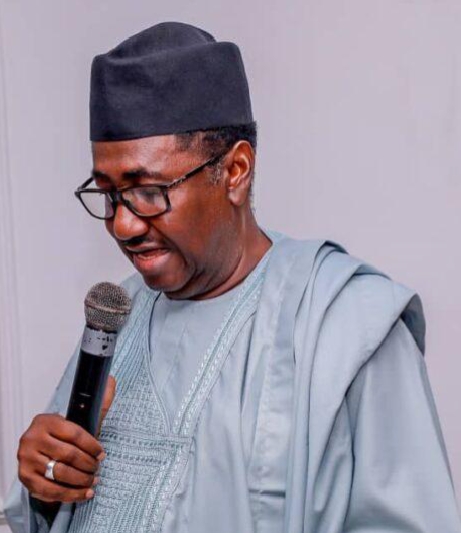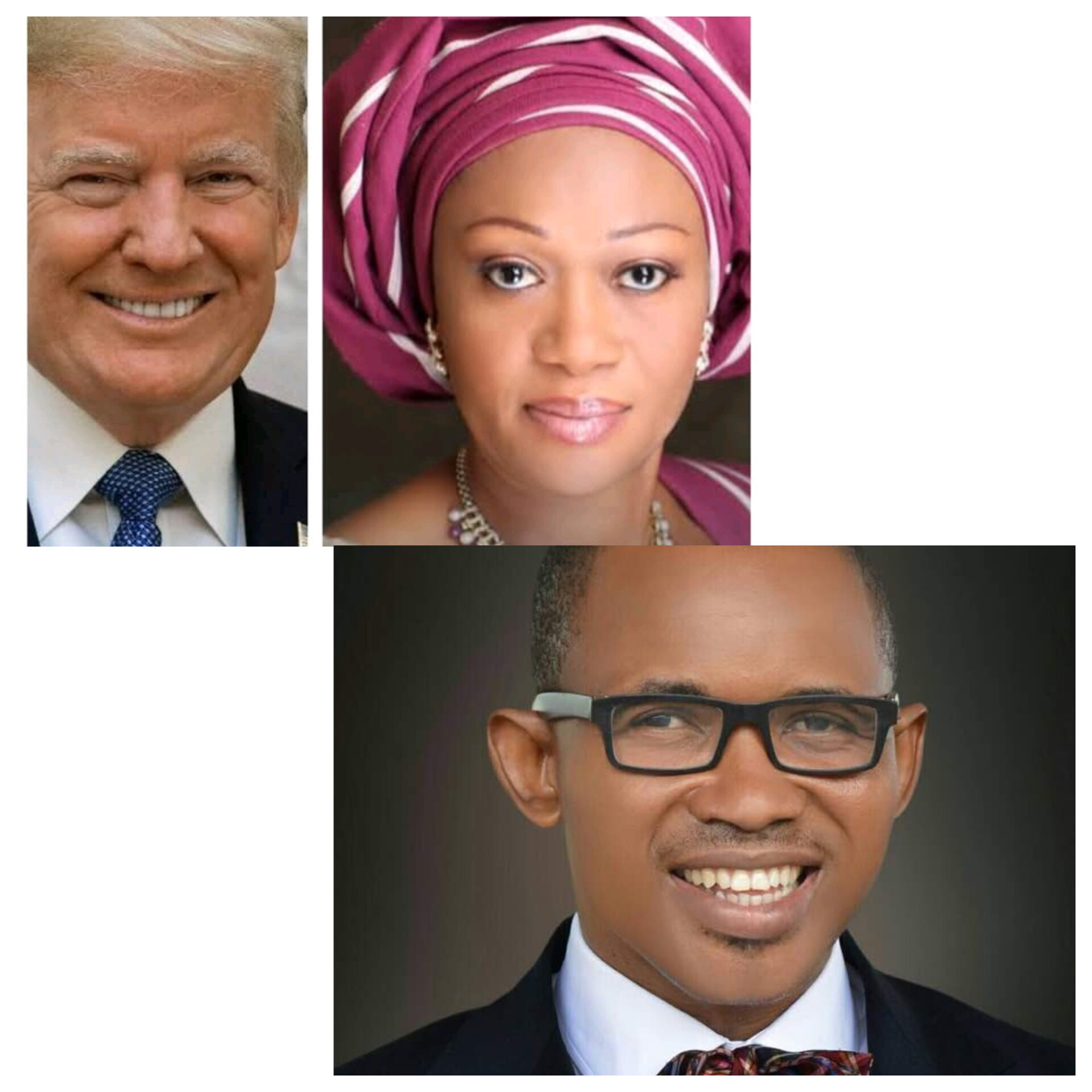Access to Healthcare: Bridging the Gap in Rural Nigeria. By Eugene Nanven

“Access to Healthcare: Bridging the Gap in Rural Nigeria
Access to healthcare remains a critical issue in Nigeria, particularly in rural areas where facilities are often scarce and resources limited. Despite significant progress in various sectors, many communities still struggle to receive basic medical services. This gap in access not only affects individual health outcomes but also contributes to broader public health challenges, exacerbating issues like maternal and child mortality, infectious diseases, and chronic health conditions.
In rural communities, geographical barriers pose significant challenges. Many residents live far from the nearest health facilities, which can be ill-equipped and understaffed. Patients often face long journeys to receive care, and by the time they arrive, their conditions may have worsened. Furthermore, the lack of transportation options can deter individuals from seeking necessary medical attention, particularly in emergencies. This situation is compounded by the high cost of healthcare services, making it difficult for families to afford even basic treatments. Many Nigerians are left to rely on traditional medicine or informal healthcare providers, which may not always provide the necessary level of care.
Moreover, the shortage of healthcare professionals in rural areas is a pressing concern. Many skilled practitioners prefer to work in urban centers where resources are more plentiful and working conditions are better. This disparity leaves rural communities vulnerable, with limited access to qualified medical personnel who can deliver essential services. As a result, health education and preventive care suffer, leading to higher rates of disease and health complications.
Improving access to healthcare in Nigeria is not merely a national concern; it is part of my effort to make the world a better place. Recognizing healthcare as one of the critical issues to address, I believe that when healthcare is equitable and accessible, entire communities thrive, contributing to economic stability and social cohesion. Initiatives aimed at enhancing healthcare infrastructure, training more health workers, and implementing mobile health clinics can bridge these gaps and ensure that even the most remote populations receive the care they need.
As Nigeria works to address these challenges, it is crucial to enhance partnerships between government, non-governmental organizations, and community leaders. By collaborating on innovative solutions and advocating for policy changes, stakeholders can create a more inclusive healthcare system. This will not only improve individual health outcomes but also promote a healthier society as a whole, ultimately contributing to a more equitable and sustainable future for all. Through these efforts, enhancing access to healthcare in Nigeria aligns with the broader goal of making the world a better place, where every individual has the opportunity to lead a healthy life. This is part of my effort in making the world a better place.
Eugene Nanven Writes from Gwagwalada Abuja





